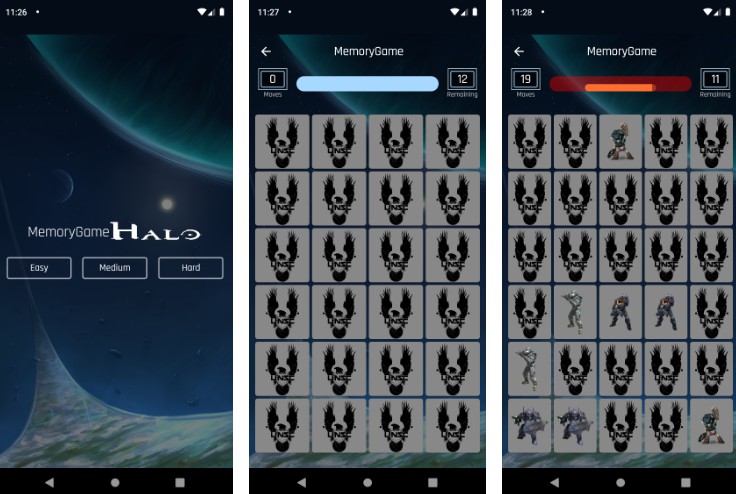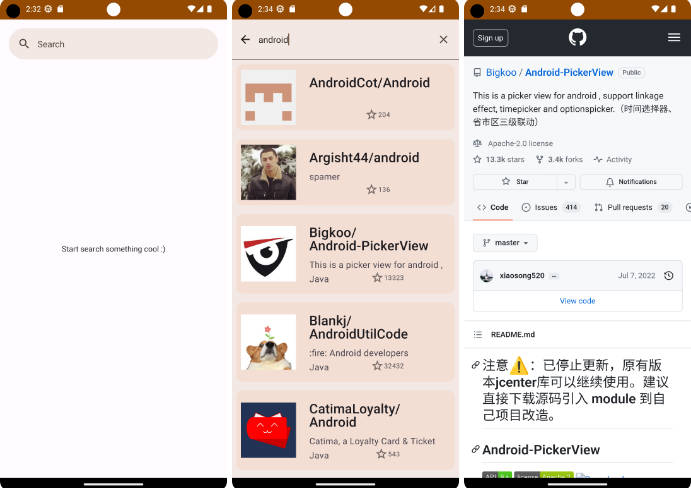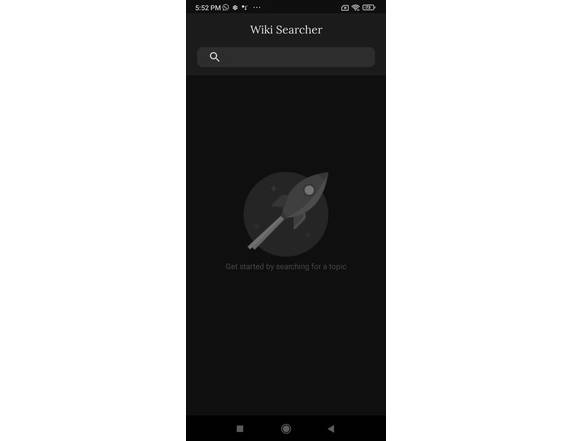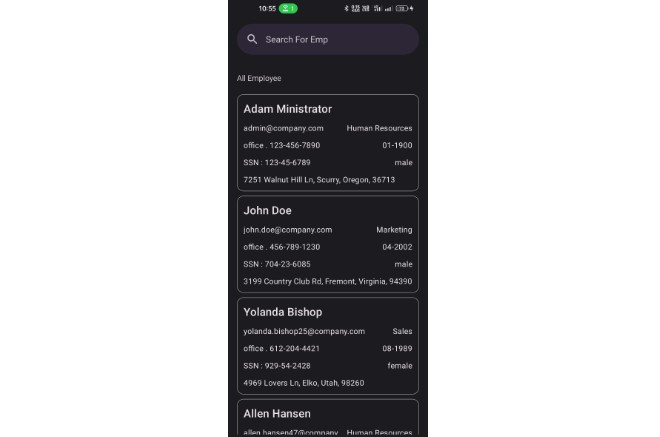KT Search Client
KT Search is a kotlin multi-platform library that provides client functionality for Elasticsearch and Opensearch.
It builds on other multi platform libraries such as ktor and kotlinx-serialization. Once finished, this will be the most convenient way to use opensearch and elasticsearch from Kotlin on any platform where Kotlin compiles.
This project started as a full rewrite of my es-kotlin-client project necessitated by the deprecation of Elastic’s RestHighLevelClient and the Opensearch fork created by Amazon. Both Elasticsearch and Opensearch share the same REST API; however their Java clients are increasingly incompatible and in any case awkward to use from Kotlin. Kt-search, is a complete rewrite that removes the dependency on the Java clients entirely. It is also a Kotlin multi-platform library which makes it possible to use Elasticsearch or Opensearch from any platform. Es-kotlin-client lives on as the legacy-client module in this library and shares several of the other modules (e.g. the search dsls). So, you may use this as a migration path to the multi-platform client.
Module Overview
This repository contains several kotlin modules that each may be used independently.
| Module | Description |
|---|---|
json-dsl |
A generalized abstraction for building your own Kotlin DSLs for JSON dialects; like for example the Elasticsearch query DSL. |
search-dsls |
DSLs for search and mappings. |
search-client |
Multiplatform REST client for Elasticsearch and Opensearch. |
legacy-client |
The legacy client module provides essentially all the functionality of the old client. It utilizes the newly extracted search-dsl module. |
Usage
// we'll use a data class with kotlinx.serialization
// you can use whatever json framework for your documents
// of course
@Serializable
data class TestDocument(
val name: String,
val tags: List<String>? = null
) {
fun json(pretty: Boolean = false): String {
return if (pretty)
DEFAULT_PRETTY_JSON.encodeToString(serializer(), this)
else
DEFAULT_JSON.encodeToString(serializer(), this)
}
}
val client = SearchClient(
// for now ktor client is the only supported client
// but it's easy to provide alternate transports
KtorRestClient(
// our test server runs on port 9999
nodes = arrayOf(
Node("localhost", 9999)
)
)
// both SearchClient and KtorRestClient use sensible
// but overridable defaults for lots of things
)
// we'll generate a random index name
val indexName = "index-${Clock.System.now().toEpochMilliseconds()}"
// most client functions are suspending, so lets use runBlocking
runBlocking {
// create an index and use our mappings dsl
client.createIndex(indexName) {
settings {
replicas = 0
shards = 3
}
mappings(dynamicEnabled = false) {
text(TestDocument::name)
keyword(TestDocument::tags)
}
}
// bulk index some documents
client.bulk(refresh = Refresh.WaitFor) {
index(
source = TestDocument(
name = "apple",
tags = listOf("fruit")
).json(false),
index = indexName
)
index(
source = TestDocument(
name = "orange",
tags = listOf("fruit", "citrus")
).json(false),
index = indexName,
)
index(
source = TestDocument(
name = "banana",
tags = listOf("fruit", "tropical")
).json(false),
index = indexName
)
}
// now let's search using the search DSL
client.search(indexName) {
query = bool {
must(
term(TestDocument::tags, "fruit"),
matchPhrasePrefix(TestDocument::name, "app")
)
}
}.let { results ->
println("Hits: ${results.total}")
println(results.hits?.hits?.first()?.source)
}
}
Captured Output:
Hits: 1
{"name":"apple","tags":["fruit"]}
For more details, check the tests. A full manual will follow soon.
Development status
KT Search is currently still under development. So, expect refactoring, renames, package changes, etc. I’ll release a 2.0 release (1.x being the legacy client). Until that happens, expect some refactoring. I plan to get to a 2.0 release quickly as I have a clear idea of what needs to be done and how based on my learnings from 1.0 (and the many Java clients I wrote for ES on various projects before that).
Currently there are no releases yet. I plan to address this soon with a release to (probably) maven central.
The search client module is the main module of this library. I extracted the json-dsl module and search-dsls module with the intention of eventually moving these to separate libraries. Json-dsl is useful for pretty much any kind of json dialect. And as my legacy-client module shows, the search-dsls can be used by other clients than the search-dsls module. In fact, I have a vague plan to start writing kotlin multi platform clients for other json APIs that are not related to search.
The legacy client currently only works with Elasticsearch 7. However, beware that there may be some compatibility breaking changes before we release a stable release. Users currently using the old client should stick with the old version for now until we are ready to release an alpha/beta release. After that, you may use it as a migration path.
My intention is to keep the legacy client as an option until I have all relevant functionality ported to the new client. The old repository will continue to exist for now. I am not planning to do any further maintenance on that, however. People are welcome to fork that project of course.
The future is going to be about using the pure kotlin multi-platform client. Of course, you may combine that with other clients; including the old RestHighLevel client or even the legacy client.
Goals/todo’s:
For more detail refer to the issue tracker. This is merely my high level plan.
- Extract the kotlin DSLs to a multi platform module.
- Rename the project to kt-search and give it its own repository
- Implement a new client using ktor and kotlinx-serialization
- Port the IndexRepository to the new client
- Port the bulk indexing functionality to the new client
- Update documentation for the new client
- Delete the legacy client module from this project once all functionality has been ported
- Extract an interface for the new client and provide alternate implementations. By extracting the dsl, I’ve created the possibility to use different JSON serialization and parsing strategies. So potentially we could support alternate http transport and parsing without too much trouble.
- OkHttp / jackson?
- Es rest client / jackson? – useful if you are interested in using this library and the Elastic client (either their new Java client or their deprecated RestHighLevelClient )
- Os rest client / jackson? – useful if you are interested in using the Opensearch forks of the Elastic clients.
Once all these boxes are checked, I’m going to release a beta.
Non Goals:
- Full coverage of what the RestHighLevel client does. If you need it, just add that as a dependency or create your own extension function for
SearchClient; it’s not that hard. - Cover the entire search DSL. The provided Kotlin DSL is easily extensible, so if it doesn’t directly support what you need, you can simply manipulate the underlying Map to add what you need. Alternatively, you can create a pull request to add support for the feature that you want. Currently, most commonly used things in the DSL are already supported.
Contributing
I’m tracking a few open issues and would appreciate any help of course. But until this stabilizes, reach out to me before doing a lot of work to create a pull request. Check the here for mote details.
About this README
It’s generated using the same kotlin4example library that I also used for the old client documentation. It’s great for including little code snippets that are actually executing as part of the tests and therefore know correct. Also, I can refactor and have the documentation change as well without breaking.



